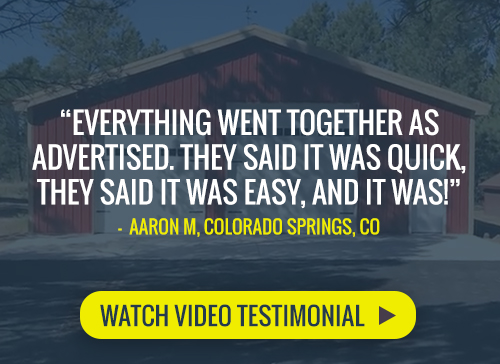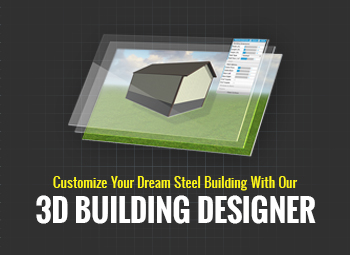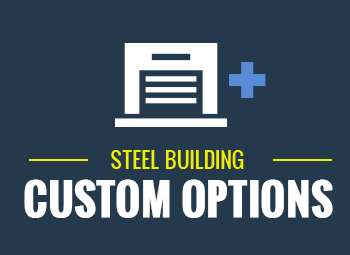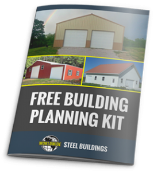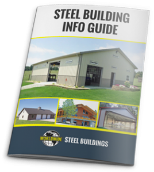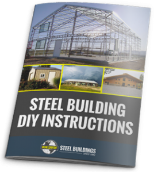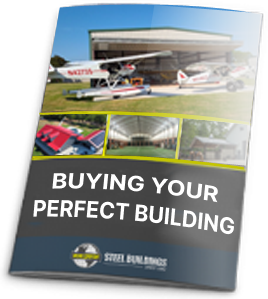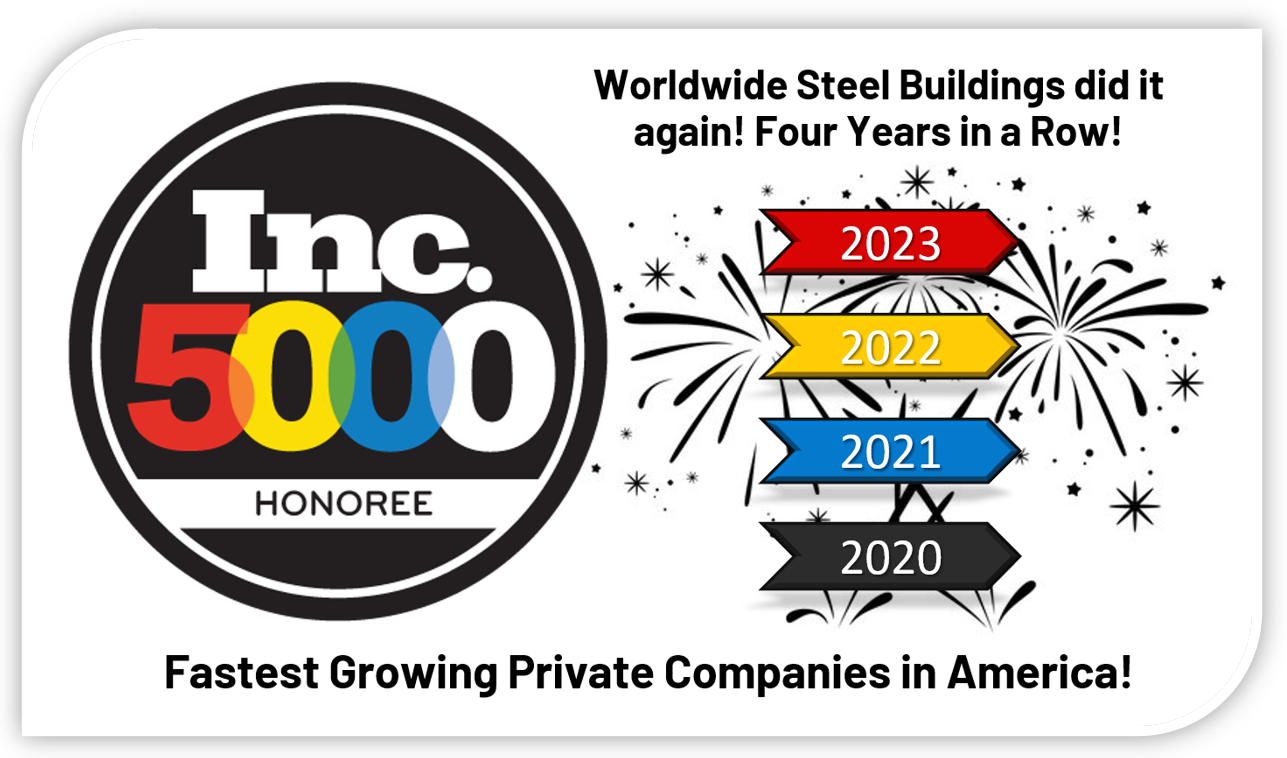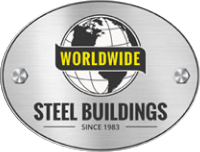Steel Building Insulation
Insulating Your Metal & Steel Buildings
Metal building insulation is as important as insulation in any other type of building. Regardless of framing materials, the correct insulation materials make all the difference in the functionality of your building.
Insulation systems not only help prevent heat transfer, so your building stays warmer in winter and cooler in summer, but help reduce noise pollution and increase energy efficiency as well.
The designers and engineers at Worldwide Steel Buildings can help you plan for proper insulation of your new steel home, workshop or garage, agricultural building, or any other steel building kit. Our team will help you plan where to add insulation within the wall panels, how to use insulation to increase durability, and how much to add in order to best meet your needs, desired application, and geographic location.
Depending on the above factors, you have some choices in insulation materials for your metal building. Worldwide Steel experts will work with you to determine which of the following insulation systems would be best for your metal panels and roof.
Types of insulation for your metal building kit include:
- Rolled Batt Insulation: Sometimes called blanket insulation, batting or batt insulation, rolled fiberglass insulation is one of the most common types of insulation. Available in different R-values, which indicate thickness and heat transfer, rolled insulation is a good option for those who need to insulate quickly and cost-effectively. Batt can easily be obtained at local hardware stores, is usually the cheapest option per square foot, and can often be installed without professional assistance.
- Spray Foam Insulation: Spray foam is a great way to insulate large metal buildings and ensure hard-to-reach surfaces are fully covered. Spray foam is applied via a spray gun, so it allows you to target the areas you want to insulate, including deep into girts, giving you more control over its application and over your building’s interior temperature. However, spray foam insulation is significantly more expensive than rolled insulation. Plus, some people find the uneven texture less appealing for more finished areas. Spray foam insulation is available in open cell or closed cell variations. Open cell is the cheaper of the two types, but requires a thicker application than closed cell. Closed cell is more effective, as you don’t need to apply it as thickly to achieve the same level of insulation.
- Rigid Foam Insulation: Sold in 4’x8’ sheets, rigid foam or rigid board insulation panels are a great option to quickly install an insulation package during construction. These closed-cell fiberglass insulation sheets provide higher R-values and can easily be cut to fit along your exterior walls, but you’ll want to ensure a proper vapor barrier is used to help prevent condensation, mildew and deterioration, as rigid board insulation panels are not a good moisture barrier. This type of insulation can be expensive, and doesn’t provide as much R-value as rolled or spray foam insulation. However, it is a great way to quickly insulate a metal building that doesn’t require large amounts of insulation or into a building that may be retrofit with additional insulation at a later date. Insulated panels also work well when installed under a metal roof, as they can help reduce radiant heat caused by a metal roof in the summer.
Working with the experts at Worldwide Steel can help you determine which type of insulation, or which combination of insulation types, will be best suited for your building and its needs. We’ve found there is no one best insulation type, just what works best for your priorities and the functionality of your building. We can help you prioritize low cost, high R-value, heat flow, aesthetics and more.
To learn more about building insulation options and how to incorporate the correct type(s) into your new metal building kit, contact one of our Steel Building Specialists. They’ll be able to help you determine where to insulate, how much to insulate, and more.
